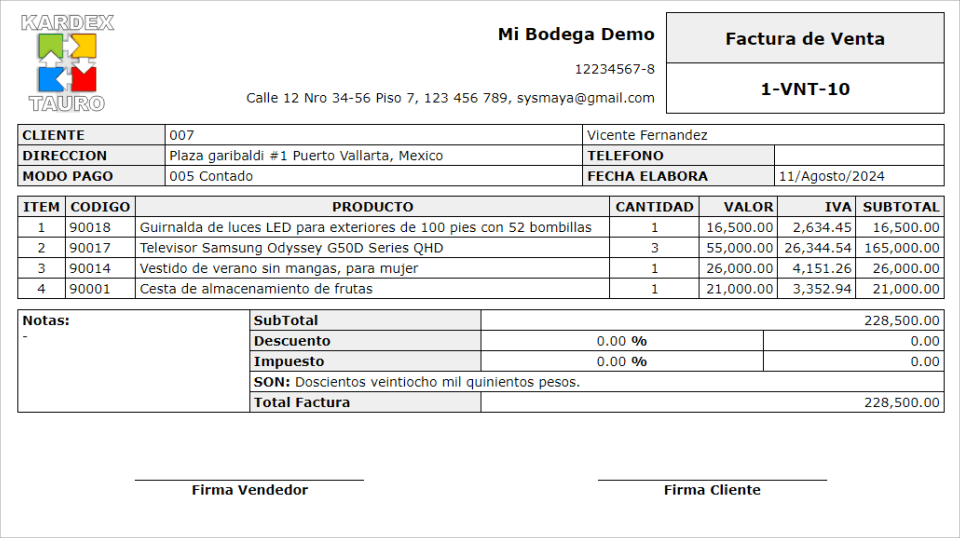Accounting Dictionary - Letter J

- Journal: A book or computer file that contains a record of all financial transactions, often used in accounting and bookkeeping.
- Journal entry: A record of a financial transaction that is made in a journal, often used in accounting and bookkeeping.
- Judgment: A decision made by a court of law, often used in financial reporting and risk management.
- Joint venture: A business partnership between two or more companies, often used in financial reporting and strategic management.
- Junk bond: A high-risk bond that is issued by a company with a low credit rating, often used in financial reporting and investment analysis.
- JPEG (Joint Photographic Experts Group): A type of image file format, often used in digital imaging and multimedia.
- Just-in-time inventory: A method of inventory management that involves ordering and receiving inventory just in time to meet customer demand, often used in supply chain management and logistics.
- Journalize: To record a financial transaction in a journal, often used in accounting and bookkeeping.
- Jurisdiction: The authority of a court or government agency to make decisions and enforce laws, often used in financial reporting and risk management.
- Juris Doctor: A degree in law, often used in financial reporting and risk management.
- Job costing: A method of costing that involves assigning costs to specific jobs or projects, often used in financial reporting and management accounting.
- Job order costing: A method of costing that involves assigning costs to specific jobs or orders, often used in financial reporting and management accounting.
- Journal voucher: A document that is used to support a journal entry, often used in accounting and bookkeeping.
- Joining fee: A fee that is paid by a new member of a club or organization, often used in financial reporting and management accounting.
- Joint and several liability: A type of liability that involves multiple parties being responsible for a debt or obligation, often used in financial reporting and risk management.
- Joint account: A bank account that is held by two or more people, often used in financial reporting and personal finance.
- Joint audit: An audit that is conducted by two or more auditors, often used in financial reporting and auditing.
- Joint cost: A cost that is shared by two or more parties, often used in financial reporting and management accounting.
- Joint ownership: A type of ownership that involves two or more people owning a property or asset together, often used in financial reporting and real estate.
- Joint return: A tax return that is filed by two or more people, often used in financial reporting and taxation.
- Joint stock company: A type of company that is owned by shareholders who have invested in the company, often used in financial reporting and corporate finance.
- Jointly and severally: A type of liability that involves multiple parties being responsible for a debt or obligation, often used in financial reporting and risk management.
- Judgment creditor: A person or organization that has obtained a judgment against a debtor, often used in financial reporting and risk management.
- Judgment debtor: A person or organization that has been ordered to pay a debt or obligation by a court of law, often used in financial reporting and risk management.
- Judicial foreclosure: A type of foreclosure that involves a court of law, often used in financial reporting and real estate.
- Junior debt: A type of debt that is subordinate to other debts, often used in financial reporting and corporate finance.
- Junior equity: A type of equity that is subordinate to other equity, often used in financial reporting and corporate finance.
- Junior lien: A type of lien that is subordinate to other liens, often used in financial reporting and real estate.
- Junior mortgage: A type of mortgage that is subordinate to other mortgages, often used in financial reporting and real estate.
- Junior security: A type of security that is subordinate to other securities, often used in financial reporting and corporate finance.
- Jurat: A statement or declaration that is made under oath, often used in financial reporting and risk management.
- Jurisdiction risk: The risk that a company or individual may be subject to different laws and regulations in different jurisdictions, often used in financial reporting and risk management.
- Jury of executive opinion method: A method of estimating costs or revenues that involves using the opinions of executives or other experts, often used in financial reporting and management accounting.






